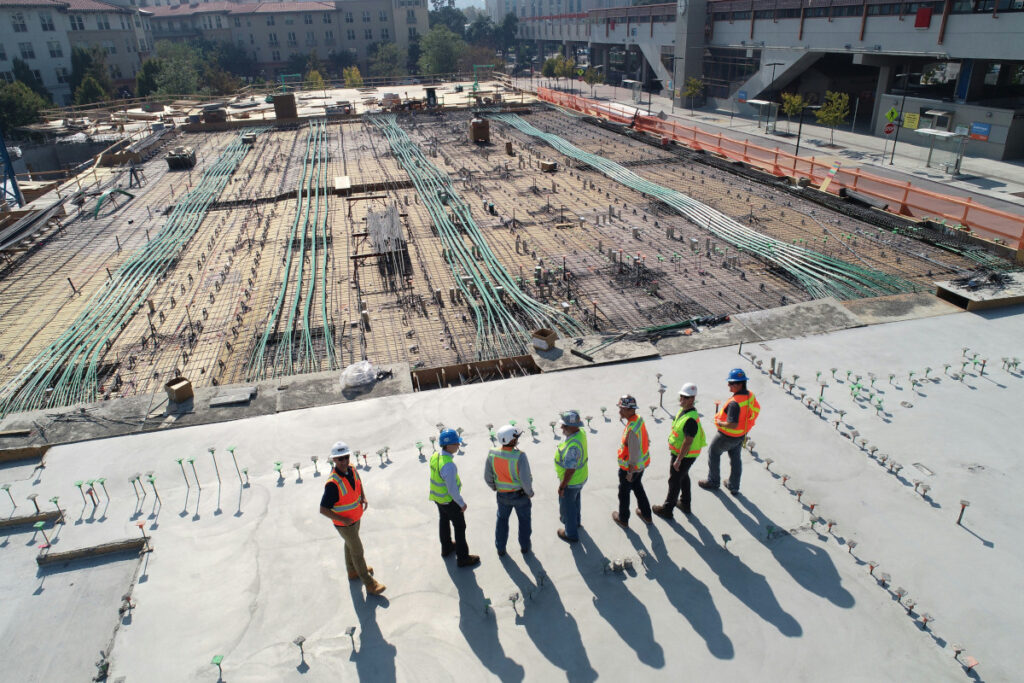By Chua Yaw Long
Professional Engineering Institutions (PEIs) play a pivotal role in advancing engineering as a profession. These organisations are engaged in activities that promote engineering practice, professional development, and public awareness of engineering’s contributions to society. In Malaysia, numerous PEIs operate both locally and as branches or chapters of international institutions.

Among the local PEIs are the Institution of Engineers, Malaysia (IEM), the Malaysian Society for Engineering and Technology (MySET), and the Technological Association of Malaysia (TAM), among others. International PEIs with a presence in Malaysia include the Institution of Engineering and Technology (IET), the Institution of Mechanical Engineers (IMechE), the Institution of Civil Engineers (ICE), the Institution of Chemical Engineers (IChemE), and Engineers Australia (EA), to name a few.
Membership in these institutions spans a diverse range — from undergraduate students to senior engineers and technologists — creating a valuable ecosystem of knowledge sharing, mentoring, and networking. These organisations serve as platforms for engineers at various stages of their careers to collaborate, uphold best practices, and contribute to the broader engineering community.
However, despite various national efforts to promote Science, Technology, Engineering, and Mathematics (STEM) careers, particularly among secondary school students, interest in engineering remains relatively low. This trend is alarming, given Malaysia’s ambition to become a developed nation, which necessitates a strong pipeline of skilled engineers to support sustainable economic and technological growth.
PEIs must play a more proactive role in addressing this challenge. Both senior and junior members have a collective responsibility to support and enhance engineering education in the country. One impactful approach is to collaborate with government agencies, such as the Ministry of Education (MOE) and the Ministry of Higher Education (MOHE), to raise public awareness about the engineering profession. Unlike the legal, medical, and accounting professions which are often glamorised in media through films, dramas, and social media content — engineering is underrepresented. PEIs can help bridge this gap by producing and promoting engaging content that highlights the life, impact, and contributions of engineers.
To further this mission, PEIs can establish dedicated committees or task forces to organise outreach and corporate social responsibility (CSR) activities aimed at school students. These initiatives can be held on a regular basis — monthly, quarterly, or annually — to sustain engagement and awareness.
In addition, senior members of PEIs possess a wealth of experience that can greatly benefit engineering students. They can serve as guest lecturers, bringing real-world industry insights into academic settings, or participate in Industrial Advisory Panels to ensure that academic curricula remain aligned with evolving industry needs.
Moreover, PEIs can take the lead in equipping students with essential 21st-century skills such as entrepreneurship, effective communication, project management, and innovative thinking. Organising design competitions, hackathons, and soft-skill workshops can significantly enhance students’ readiness for the workforce.
In summary, the role of PEIs in Malaysia must extend beyond professional networking and knowledge dissemination. These institutions have a critical responsibility to ensure the sustainability and growth of the engineering profession. By actively engaging in education, outreach, and skill development, PEIs can help build a robust pipeline of future engineers — ensuring that Malaysia continues to progress and thrive in the modern, technology-driven world.
Ir. Dr. Chua Yaw Long, CEng PEng FIMechE MIEM, is a Senior Lecturer at the Department of Mechanical Engineering, College of Engineering, Universiti Tenaga Nasional (UNITEN). He is Chair (2022–2025) of the South East Asia Region, The Institution of Mechanical Engineers
